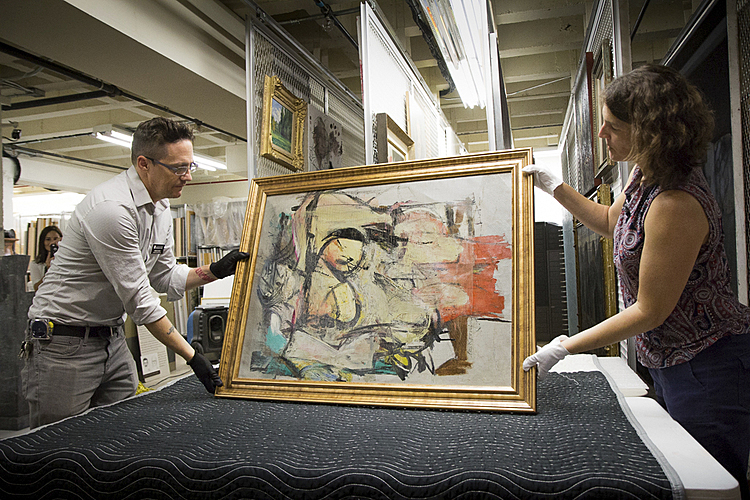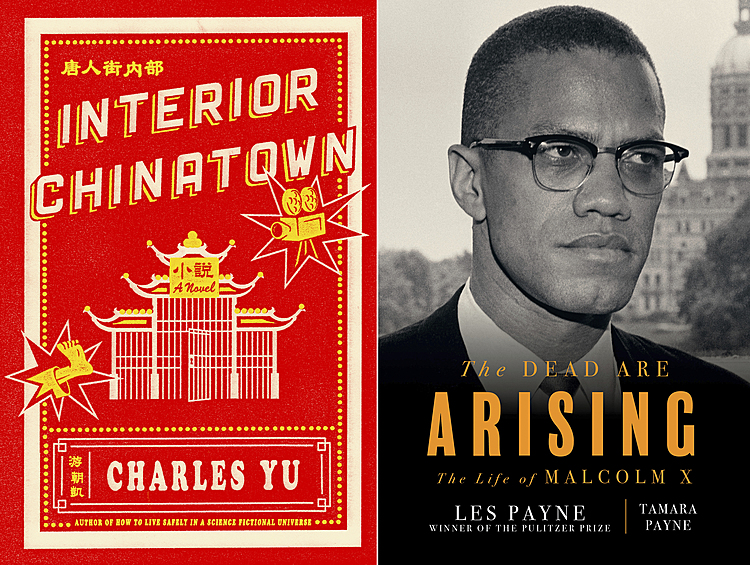Show your work: AP plans to explain vote calling to public
NEW YORK (AP) — The Associated Press, one of several news organizations whose declarations of winners drive election coverage, is pulling back the curtain this year to explain how it is reaching those conclusions.
The AP plans to write stories explaining how its experts make decisions or why, in tight contests, they are holding back. If necessary, top news executives will speak publicly in interviews about the process, said Sally Buzbee, senior vice president and executive editor.
Given high interest in the presidential race, the complicating factor of strong early voting and President Donald Trump's warnings about potential fraud, television executives are making similar promises of transparency.
“The general public has a more intense desire to understand it at a nitty-gritty level,” Buzbee said. “We don't want to be a dark, mysterious black box of ‘We’re going to declare a winner, and we're not going to tell you how we do it.' I don't think that benefits us, and I don't think it benefits democracy.”
The AP's decision desk expects to call some 7,000 races next week, from the presidency to state ballot initiatives and legislative races.
For each state, a Washington-based analyst is paired with a race caller who studies political history and demographic trends. If it's a state where the presidential contest isn't close, the AP may declare a winner after polls have shut based mostly on interviews conducted with voters through its AP VoteCast survey.
The closer a race is, the more AP's decision desk relies on actual votes rather than VoteCast. Key counties are watched to see how the numbers compare with party enrollments and trends in previous elections. A winner is declared when the AP concludes there's no way the loser can catch up.
In 2016, the AP declared at 2:29 a.m. the morning after the election that Trump had won Wisconsin and, thus, the presidency.
“It's an arithmetic problem,” Buzbee said. “But we do pause when you call the final state. You know what you're about to do.”
The AP isn't the election's arbiter. ABC, CBS, NBC, CNN and Fox News Channel have their own decision desks, and their calls can create a hard-to-stop momentum. In a memorable 2012 moment, when Fox News commentators questioned a call against Republican Mitt Romney, anchor Megyn Kelly walked to the decision desk on-air to have them explain it.
Going into Tuesday night, the networks are echoing Buzbee's determination to show their work.
“Explaining to the viewers what we know and don't know will be a very important part of election night and perhaps the days after,” said Sam Feist, CNN Washington bureau chief.
Most people watching at home have little idea what goes into those decisions, said Frank Sesno, director of the George Washington University School of Media and Public affairs and a veteran journalist.
“I think the responsibility of the news organizations goes beyond transparency,” said Mark Lukasiewicz, former producer of NBC’s election night coverage and now dean of Hofstra University’s School of Communication. “It’s our obligation to explain it to viewers. Before you give the score, talk about the rules of the game.”
The AP's calls may be less visible on the American television networks but are depended upon by newspapers, websites, radio stations and media outlets all over the world. The AP's sprawling election night operation also compiles the vote from across the United States, as it has since 1848.
“The AP’s reputation is on the line,” Sesno said.
Race calling used to be hotly competitive, but the disaster of 2000 taught media organizations that the embarrassment of being wrong outweighed the satisfaction of being first.
The AP faced intense pressure from news organizations who depend on it in the early morning after the 2000 election, when television networks declared George W. Bush the new president. The AP didn't do likewise, believing the vote in Florida was too close. The AP never did call the 2000 election; the Supreme Court did.
It was one of the AP's finest moments. A reminder of how things can go wrong had come only hours earlier, when the AP and networks incorrectly called Florida for Bush's opponent, Al Gore, and had to take it back.
The AP's vote calls were 99.8% accurate in 2016, flawless in calling presidential and congressional elections in each state.
The nation's polarization and an increased distrust of the media have made the additional openness more important, Buzbee said. The service's clients are increasingly asking for it, too.
Going public in this manner actually conflicts with company culture. The AP traditionally doesn't have a public face — as a wholesaler of information to other outlets, it is usually content to do its work and let others talk.
“A lot of people do know that the AP is a straight shooter, but I don't feel that we can let people take our word for it anymore,” Buzbee said. “It makes sense to show people our methodology and to be transparent about how we call races because that then gives people a greater ability to assess what we do.”
The AP's tradition of counting votes on election night dates back to the Pony Express. The news cooperative organizes more than 4,000 reporters and stringers across the country to collect vote counts at town and county offices, who phone them in to a staff of more than 800 vote entry clerks. The raw numbers are double-checked with software that points out anomalies.
The AP has competition in that role this year, an outgrowth of its decision after 2016 to build its VoteCast service and abandon the exit polling operation done in partnership for many years with the TV networks.
While Fox News is collaborating with the AP in VoteCast, ABC, NBC, CBS and CNN have kept their exit poll and are funding their own separate vote count.











